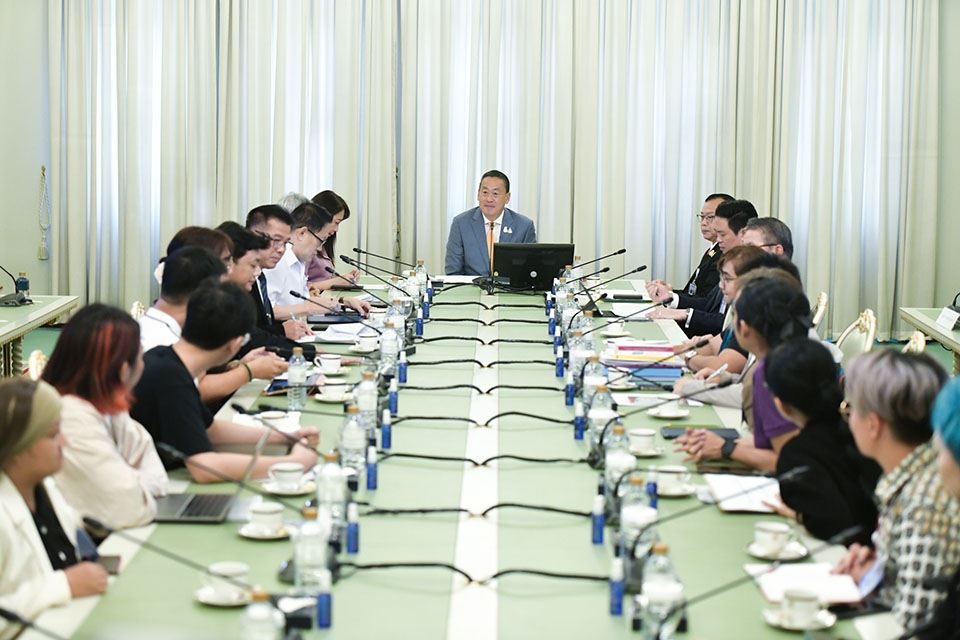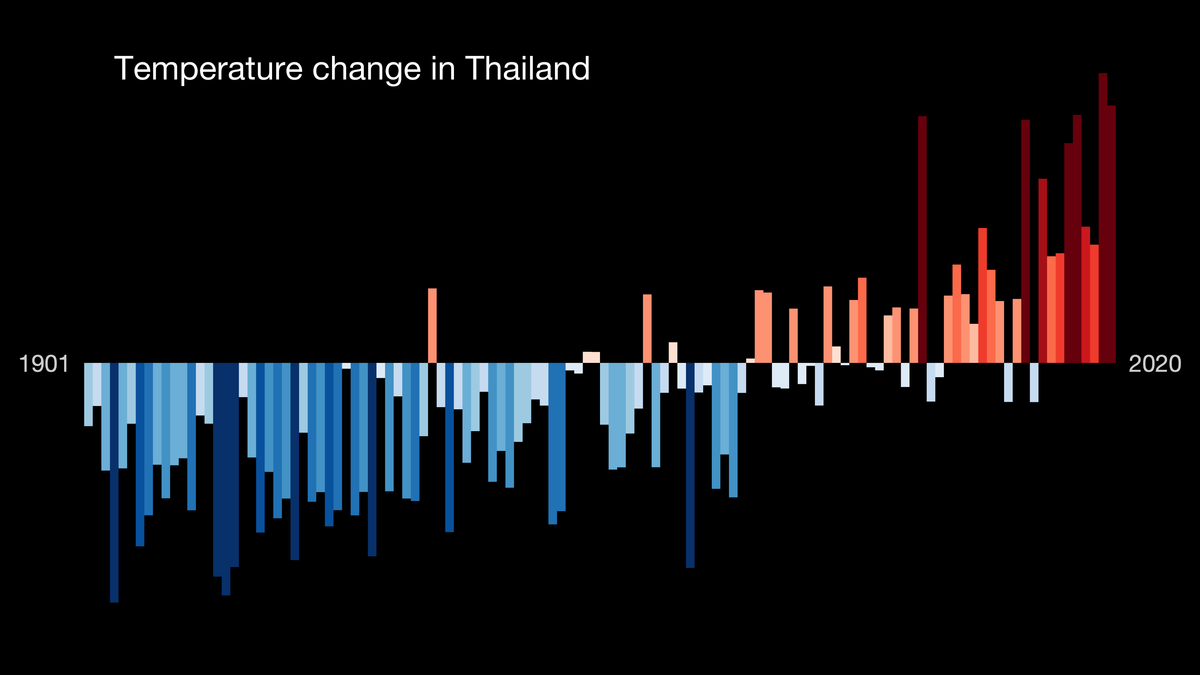The Thai Senate has made a significant decision regarding the use of fine mesh nets in fishing practices. This move comes after concerns were raised about the potential devastating impact on marine life and the ecosystem.
Background of the Issue
Impact on Marine Life
The proposed amendment to the Fisheries Act aimed to allow the use of fine mesh nets (3-6mm) for nighttime fishing, a practice previously banned. Critics argued that this would lead to the decimation of marine stocks and juvenile fish, disrupting the marine food chain. The Federation of Thai Fisherfolk Association and the Thai Sea Watch Association were among those who strongly opposed the amendment, highlighting its unsustainable nature and potential to harm both fishermen’s livelihoods and the marine ecosystem.
Senate’s Decision
Protection of Marine Resources
In response to these concerns, the Senate voted to reject the use of fine mesh nets, effectively maintaining a ban on purse seine nets with meshes smaller than 2.5cm for night fishing. This decision is seen as a crucial step in protecting Thailand’s marine resources and preserving the delicate balance of its ecosystem. It also reflects the Senate’s commitment to sustainable fishing practices and the long-term health of the marine environment.
Implications of the Decision
Economic and Environmental Impact
The rejection of fine mesh nets has significant implications for both the economy and the environment. By preventing overfishing and protecting juvenile fish, Thailand can ensure a more sustainable fishing industry, which is vital for the livelihoods of many fishermen. Additionally, preserving marine biodiversity supports tourism, a major pillar of Thailand’s economy. The decision also underscores the importance of balancing economic needs with environmental protection to maintain a healthy and thriving marine ecosystem.









